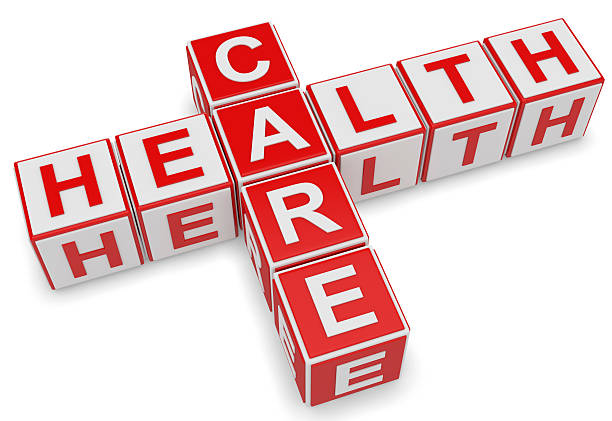![]() Download the full Policy Note.
Download the full Policy Note.
Key Findings
- True insurance is designed to mitigate risk.
- People view health insurance differently than they do other types of insurance. When people say they have “great health insurance,” what they mean is that their insurance covers everything, with essentially no out-of-pocket expense.
- The health insurance industry began early in the 20th century in the U.S. and within several decades was accepted and well established.
- Congress passed the McCarran Ferguson Act in 1945 which gave states regulatory control over the insurance industry.
- Employers and the government, through Medicare, Medicaid, and Obamacare, pay for and control 85 percent of the health insurance market in the United States.
- Solutions to the current health care crisis in America should be based on reforms that introduce more free market ideas in all the various types of health insurance, both private and government-run.
- Health insurance should be available in a free voluntary and open market place, just like auto and home-owners insurance.
Introduction
Every year millions of Americans buy auto, home, and life insurance from national companies in competitive market places. People are savvy shoppers and have multiple choices when buying these types of insurance.
Insurance is defined as “a practice or arrangement by which a company or government agency provides a guarantee of compensation for specified loss, damage, illness, or death in return for payment of a premium.”
Since the future is unknown, insurance is designed to mitigate risk. An insurance company sells policies to a large number of people who then comprise an insurance pool. If a bad event happens to a member of the pool, the insurance company pays that individual for the aspects of that event that are covered by the insurance policy.
However, people often view health insurance differently than other types of insurance. When a person says he has “great health insurance,” what he actually means is that his insurance covers nearly everything related to receiving health care, with essentially no out-of-pocket expense. Covered services can include dental treatment, eye wear, and routine visits to the doctor. This is analogous to a person having auto “insurance” that pays for routine maintenance services, including gas, oil, and brakes.
Obviously, the human body is different from a car or house. However, from an insurance standpoint, which involves assessing and mitigating risk, health insurance is not fundamentally different from auto and home-owners insurance. The reasons health insurance should be understood as a way of assessing risk and preparing for possible future events, and why this fact is important to the public debate, are discussed in this paper.
![]() Download the full Policy Note.
Download the full Policy Note.





